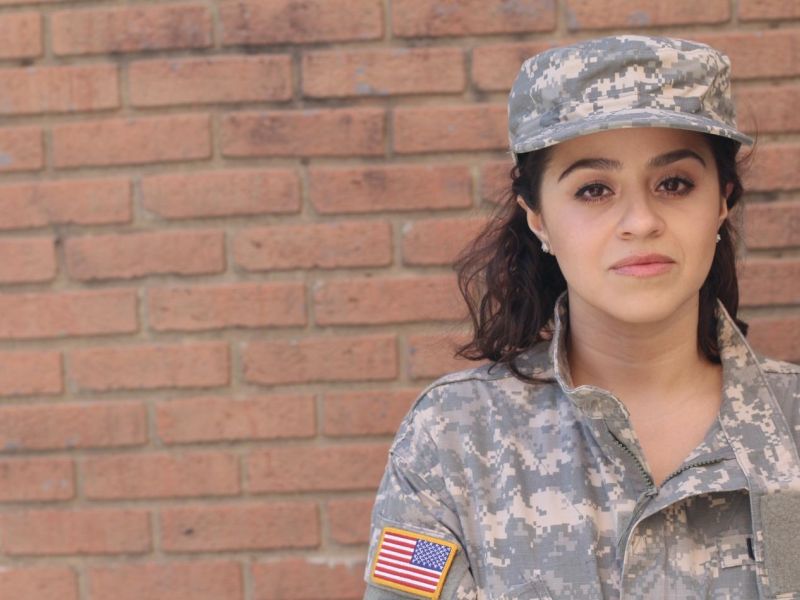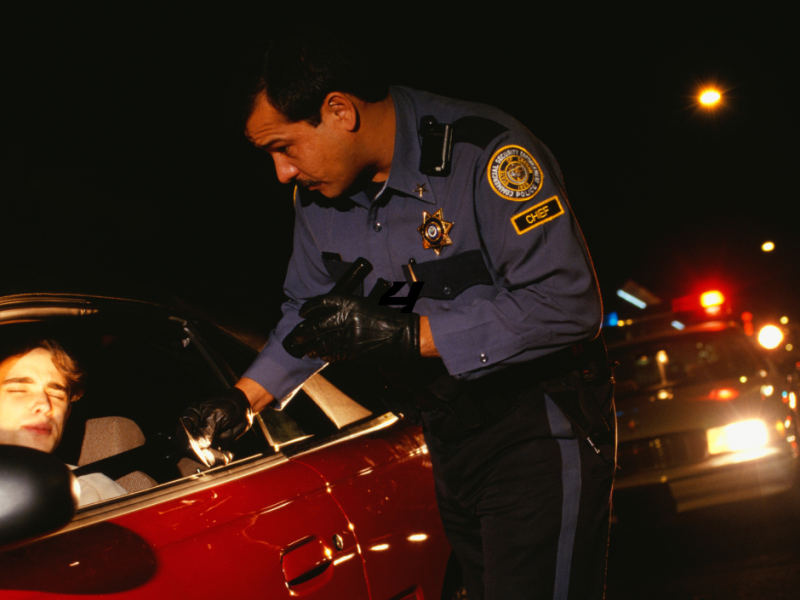
— Military
How Military Personnel Can Contest An Alleged Traffic Violation: Legal Strategies
No one plans to get a traffic violation. Even with a minor offense, a traffic ticket can result in more than a mere inconvenience. Having a traffic ticket on one’s driving record can lead to steep fines, revoked driving privileges, and elevated insurance rates. In extreme cases, traffic violations may lead to jail time or the permanent forfeiture of the driver’s license. Such consequences could be highly detrimental to anyone serving in the military. The experienced traffic defense attorneys with Driving Defense Law may be able to help military service members contest an alleged traffic violation. Call (757) 929-0335 to schedule your free case evaluation today.
What Is the Best Defense for a Speeding Ticket?
Virginia Court Records allow anyone with a web browser to search for a history of traffic violations by first name, last name, and city. Anyone, including an employer, landlord, or military commander, can access an individual’s traffic history with a quick online search. Given the potential consequences, traffic matters need to be resolved as swiftly as possible. An experienced traffic attorney who understands the civilian and military court systems may be able to review your case and help you develop a strong defense to contest an alleged traffic violation in any of several scenarios.
Question the Objectivity of the Police Officer’s Assessments
Police officers may sometimes issue citations based on their subjective evaluations of drivers’ behavior. An example would be an officer witnessing what they think is an unsafe turn or reckless driving incident. In some cases, it may be possible to contest the officer’s personal judgment by presenting contextual evidence. For instance, a motorist accused of an unsafe lane change on a busy highway might argue that the weather conditions and traffic flow justified their maneuver. If the officer’s view was obstructed or if their attention was primarily focused elsewhere, these factors might further strengthen the traffic violation defense.
In Virginia, police officers have discretion in determining safe speeds. In contesting an alleged traffic violation that resulted in a speeding ticket, that discretion may sometimes be challenged by providing evidence that the vehicle’s speed was safe, considering the surrounding conditions. A motorist who was ticketed for exceeding the posted limit could argue that their speed was consistent with the traffic flow, making it necessary for road safety.
Contest the Officer’s Account With Contrasting Evidence
Certain violations, like running a stop sign or executing an illegal U-turn, leave little room for disputing the officer’s observations. If you believe a police officer has issued you a traffic citation for an infraction you did not commit, you may be able to contest the citation by presenting evidence that contrasts with the police officer’s account. That evidence could involve obtaining eyewitness accounts, creating detailed diagrams demonstrating the officer’s limited visibility or obstructed view, and providing photographs validating your version of events.
Assert a “Mistake of Fact” Defense
Another strategy that is sometimes effective when an individual wishes to contest an alleged traffic violation may be to assert that the violation was unintentional due to an honest misunderstanding of the circumstances. This defense strategy operates on the premise that the motorist’s actions resulted from a mistake about the situation rather than a deliberate disregard for the law. If the visibility of road signs was compromised, or the motorist had insufficient notice of a recent change, it can sometimes be argued that their actions resulted from a genuine mistake.
Justify Your Actions Under Critical Circumstances
A different approach to contest an alleged traffic violation is to admit to the offense but justify the actions based on the urgency of the situation. By demonstrating that their actions were necessary to prevent a potentially more severe accident or harm, a motorist, and their attorney if they choose to work with legal representation, may be able to present a case for the legitimacy of the driver’s actions.
In this defense strategy, the goal is to present the court with evidence that establishes the conditions under which the motorist’s actions were taken and demonstrate that the actions were reasonable considering the circumstances. Exceeding the speed limit to get a woman who is in labor to the hospital is a possible example of this type of defense.
How Do I Contest a Traffic Ticket?
To contest an alleged traffic violation, a motorist has two main courses of action. Firstly, they can opt for a plea deal. This scenario can result in the severity of the violation recorded being reduced. This reduction in turn translates into fewer points on the driver’s license, and often a less severe penalty overall. A potential downside to this strategy is that it necessitates admitting guilt, and the points can remain on the driver’s record for a considerable period, with a time range that depends on the violation to which they plead guilty.
The second option is to challenge the speeding ticket in court in an attempt to secure a complete dismissal. Successfully getting a traffic ticket revoked can be difficult, so many individuals who choose this course may wish to consult with an experienced traffic defense attorney. Considering the high volume of speeding cases that courts handle daily, it is vital to swiftly and convincingly present your case with substantial evidence. Collaborating with an experienced attorney may make it easier to develop an effective strategy for traffic ticket defense.
What Is a 1408 in the Army?
Virginia is home to 27 military bases. Those bases are sprawling facilities that have their own traffic control. When a member of the military is pulled over for a traffic violation, they are issued a DD Form 1408, or Armed Forces Traffic Ticket.
A 1408 traffic violation is handled not in a state court but in a federal court. Military personnel have the same two options for contesting an alleged traffic violation as civilian motorists: They can accept a plea or contest the ticket. Military personnel may have an additional concern however, in that when any member of any branch of the United States military receives a 1408 violation, their commander is immediately notified.
Get the Right Traffic Court Representation
Whether the alleged traffic violation happened on or off a military base, it is vital to work to resolve the matter swiftly and as favorably as possible. Driving Defense Law understands how important it is for military personnel to maintain excellent driving records. If you need to contest an alleged traffic violation as a member of the United States military, consider scheduling your free case evaluation by calling (757) 920-0335 today.

